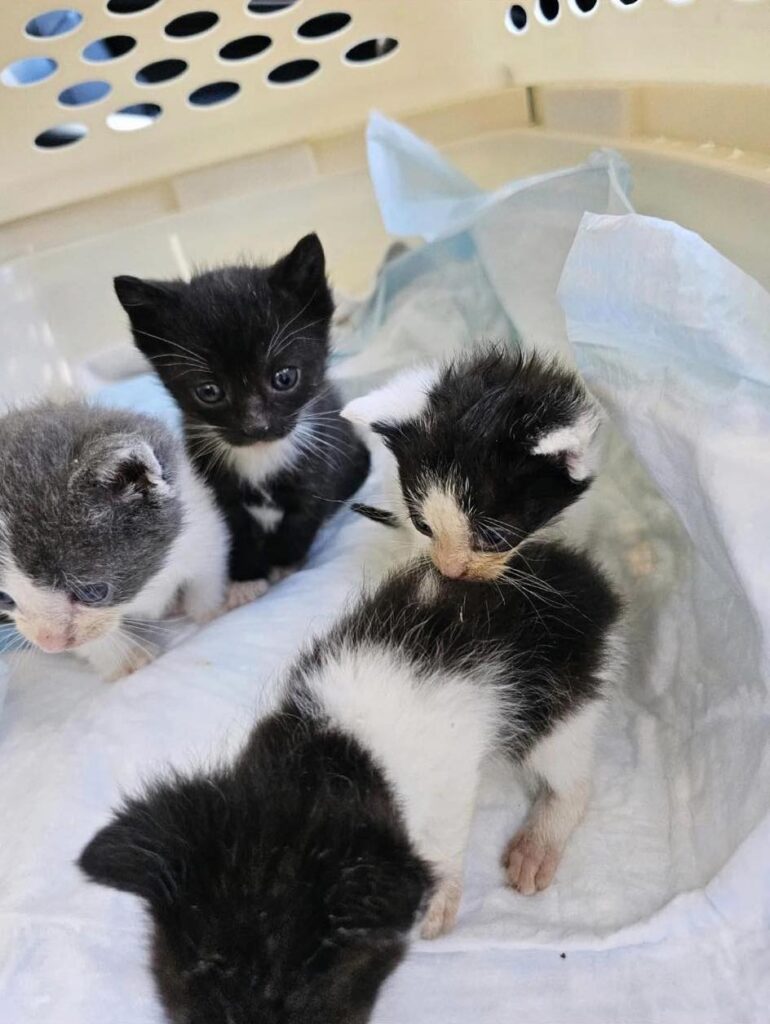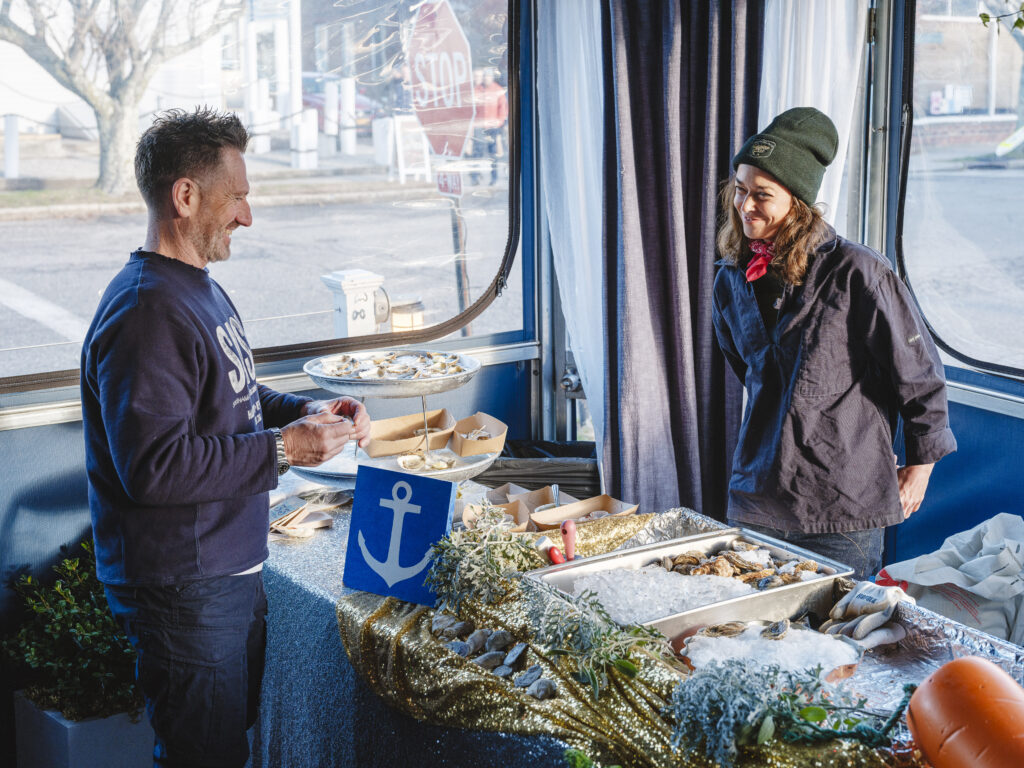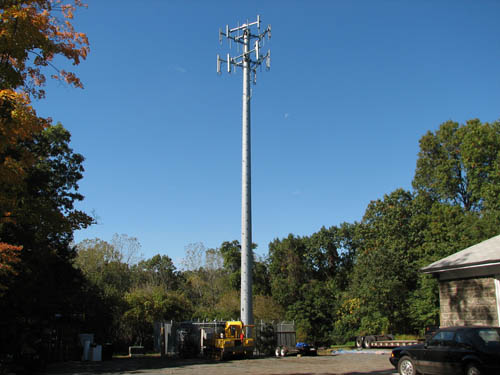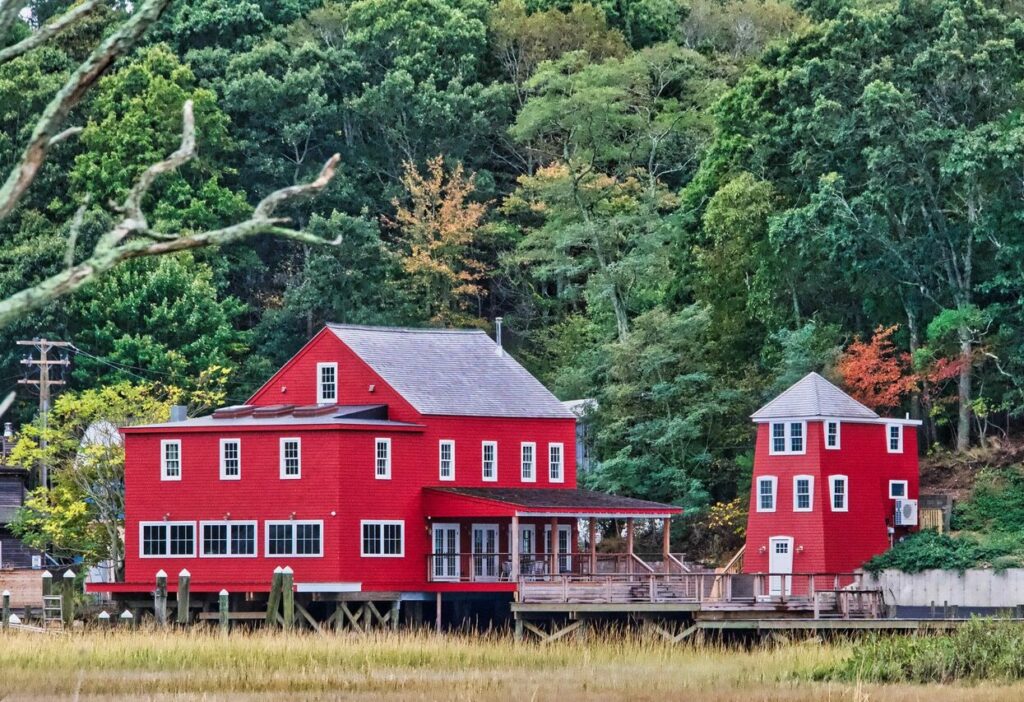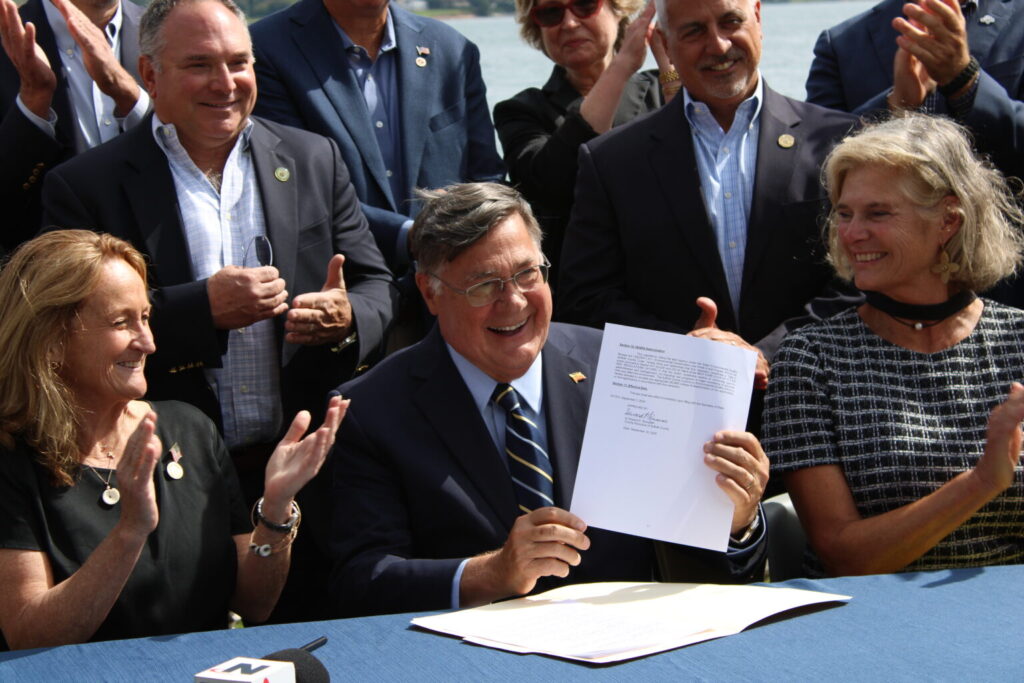‘Monopoly Man’ creates game focused on North Fork

A veteran door-to-door ad salesman is making waves on the North Fork with a new spin on an old board game — selling a product he markets only once every 10 years that often ends up a collector’s item.
For decades, Westhampton Beach-based graphic designer Matt Senie has been selling custom, locally themed Monopoly-style board games. Local businesses can buy slots on the board in place of Boardwalk, Baltic Avenue, Park Place, the Electric Company, railroads and other iconic Monopoly properties.
The first game Mr. Senie created was for East Hampton in the late 1980s. From there, he made games for towns all over the tristate area, including Huntington, Northport, Sayville and numerous Connecticut towns, along with the Hamptons and Long Island as a whole. “There are four Montauk games since 1989,” he said. “There’s three Sag Harbor games, two East Hampton games and two Southampton games. We did them as far away as [the Caribbean island] St. Martin, because my wife was selling her artwork through a prestigious gallery there. So while I was down there, we did a game with the chamber of commerce.”
His latest creation dropped earlier this month and is on pace to be an instant classic. “The North Fork game came out two weeks ago and we’ve already sold 600 copies,” he said.
And there’s still more to come. The second edition of “Riverheadopoly” — featuring Revco Lighting & Electric Supply in the Electric Company space and Long Island Aquarium serving as baron of all four railroads — will be available Sept. 15, Mr. Senie said. The first edition came out 20 years ago. More recently, Mr. Senie’s been going door to door in Greenport, selling ad spaces that cost from $250 to $1,200.
“When we went to sell ‘Northforkopoly’ in Greenport [this spring], all those businesses said, ‘No, we want our own game.’ So I said, ‘Okay, I’ll come back.’ And I did.
“These small little towns do love their games,” Mr. Senie added. “I was worried Greenport would be too small, but it isn’t. Whenever I go out to make some sales, I make two or three a day.”
Rena Casey-Wilhelm, co-owner of The Weathered Barn on Front Street in Greenport, loves the idea.
“Of the whole North Fork, Greenport is such a destination, right?” she said.“So it just makes sense to have a board game dedicated to Greenport.”
When Mr. Senie dropped by her store recently, Ms. Casey-Wilhelm and her husband signed up right away.
“Normally, we do not do print advertising,” she said. “So when Matt came in with the board game, both my husband and I — he’s very much into games and is a video gamer — thought the idea was brilliant.”
The couple bought a square on the board, and paid another $300 to get that same ad featured on the box cover. Ms. Casey-Wilhelm was so intrigued by the concept she started contacting other longtime Greenport merchants, and put a post on Facebook with contact information for Mr. Senie. “They print these like once every 10 years,” she said, “and unlike a magazine that might get just tossed in the garbage, this is something that someone purchases and keeps.”
Greenport Business Improvement District president Nancy Kouris, who owns Blue Duck Bakery Café, plans to buy a slot for her business and talk to her fellow board members about purchasing some game board real estate too.
“It’s a cute idea,” she said. “ I hope that it sells. I hope that it’s something that hangs around. When it comes to advertising, it’s very difficult to make choices these days, because things are so fleeting. On social [media] it’s here today, and it’s gone by this afternoon.”

In 1932, Charles Darrow created Monopoly based on an earlier, very similar board game called The Landlord Game, created by anti-monopolist Lizzie Magie, who patented the concept in 1904. In 1935, Parker Brothers bought the copyright to Monopoly and Mr. Darrow became the nation’s first millionaire game designer. When the company learned his game was based on The Landlord Game, they snapped up the patent for that game, too.
Since its 1935 debut, Parker Brothers has sold more than 275 million games — nearly twice what the nearest competitors, Scrabble and Clue, have sold. Ms. Magie, on the other hand, was paid just $500 for her patent, according to a 1936 interview in the Washington Evening Star newspaper.
In Monopoly, players roll dice and move around the board trying to acquire property in the form of squares with Atlantic City, N.J.-inspired names such as Vermont Avenue and St. James Place, then develop them with houses and hotels that collect rent. In Mr. Senie’s games, the goal is to buy businesses and build customer bases. Under a licensing deal he and his printer signed in the 1980s, Mr. Senie cannot use the word “monopoly” in advertising or packaging, and there are slight differences between his graphics and those on official Monopoly boards.
A graphic artist who sold his Fairfield, Conn., restaurant and moved to Westhampton Beach to be near his then-fiancée in Sag Harbor, Mr. Senie said that from the start, the board game sales have been a side hustle for him.
“I had a cartoon poster sideline. I also did some real estate — I was a broker for a while,” he said. “A lot of us out here in the Hamptons have two gigs to make ends meet. This was always my second.” All these years later, Mr. Senie said he’s as surprised as anyone at the nostalgic staying power of Monopoly.
“It’s mind-boggling to me — and I own the company. You can’t do it every year, or it’s not special. You got to come back every 10 years,” he said. “People fight for [old versions of] these games … They’re on the internet. They’re on Google. They’re on any venue you can find. If you just start Googling us around Christmas time, people will be scurrying for old copies of the games … They have almost a little bit of a cult following, and that’s kind of cool.”
At 72, Mr. Senie has no intention of retiring.
“It’s a little bit a labor of love,” he said. “I like being the ‘Monopoly man.’ I enjoy creating the games. Christmas time is kind of special around here. Everybody’s clamoring for the games, and it’s kind of fun.”




